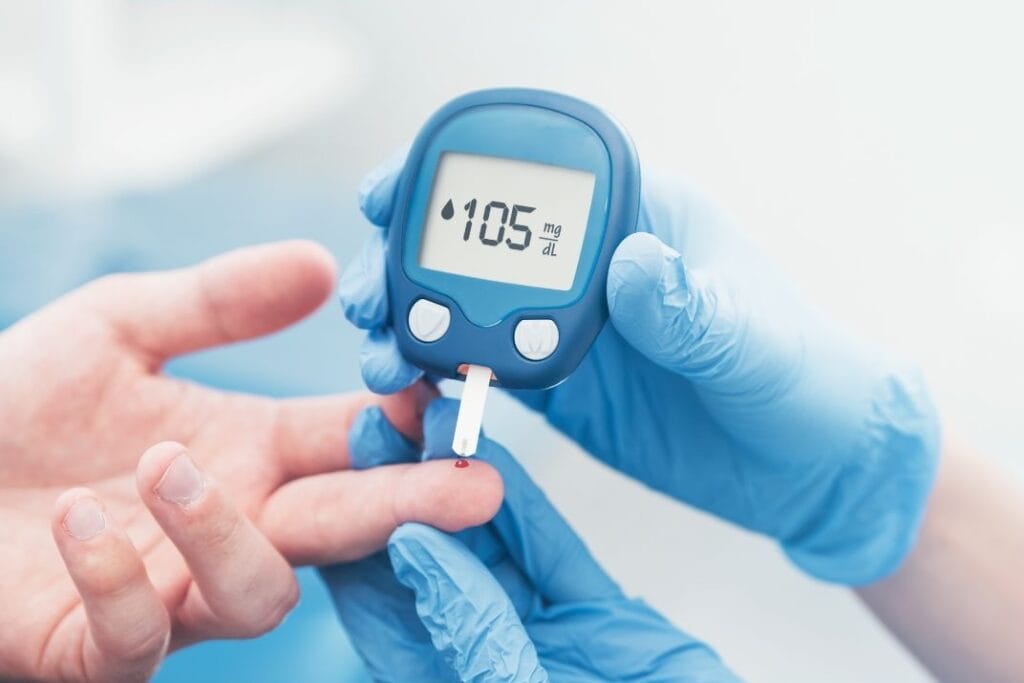Weight loss injections have become increasingly popular for those looking to shed extra pounds with medical support.
These treatments work by regulating hunger hormones, making it easier to control appetite and lose weight over time. However, despite their effectiveness, many people eventually stop using them—whether due to side effects, cost concerns, or having reached their weight goals.
When the injections are stopped, it’s not uncommon for noticeable changes to occur in the body. From an increase in appetite to potential weight regain, these effects can be challenging to navigate without proper guidance.
This article will look at five key changes to expect after discontinuing weight loss injections, offering advice on how to manage each one effectively.
1. Appetite Increase

One of the main benefits of weight loss injections is their ability to control appetite by regulating hunger hormones. These injections help reduce the constant urge to eat, making it easier to stick to a lower-calorie diet. However, when you stop using the injections, those hunger signals can return to their previous levels or even increase, leaving you feeling hungrier than before.
Without careful management, this increase in appetite can lead to overeating and the gradual return of unhealthy eating habits.
Management Tips:
- Mindful eating: Pay close attention to your hunger cues and try to differentiate between real hunger and emotional cravings. Practising portion control is also required.
- Meal planning: Prepare protein-rich meals in advance. Protein helps you feel fuller for longer and prevents overeating. Examples include lean meats, beans, and tofu.
- Stay hydrated: Often, thirst is mistaken for hunger. Drinking enough water throughout the day can help curb excessive eating.
2. Weight Regain
One of the most common concerns after stopping weight loss injections is the possibility of regaining the weight you’ve lost. These injections provide significant support in managing weight, and without them, it can be easy to fall back into old habits, which may result in rapid weight gain. This is particularly true if the injections were the primary method used to maintain weight loss.
It’s useful to understand that gradual weight regain can occur, especially if lifestyle changes aren’t maintained.
Management Tips:
- Long-term habits: Focus on building sustainable habits, such as regular exercise and balanced meals. For instance, a mix of cardiovascular exercises like walking or swimming and strength training can support your goals.
- Portion control: Be mindful of portion sizes to avoid overeating.
- Meal variety: Incorporate a wide range of fruits, vegetables, whole grains, and lean proteins to maintain nutritional balance.
3. Slower Metabolism
Weight loss injections often boost metabolism, helping your body burn calories more efficiently. However, once you stop using the injections, your metabolism may slow. This can make it harder to maintain your current weight or continue losing weight, as your body may not burn calories at the same rate as before.
A slower metabolism means your body requires fewer calories to function, which can lead to weight gain if your diet isn’t adjusted.
Management Tips:
- Strength training: Incorporating resistance exercises such as weightlifting or bodyweight exercises helps build muscle, which boosts metabolism. A study by the National Institute of Health found that strength training increases resting metabolic rates.
- Balanced diet: Focus on eating foods high in protein and fibre to maintain muscle mass and metabolic health. Examples include eggs, quinoa, and lentils.
- Frequent small meals: Eating small meals throughout the day can help maintain blood sugar and energy levels.
- Professional advice: Consulting with a healthcare provider or nutritionist to create a post-treatment nutrition plan can be invaluable.
4. Blood Sugar Fluctuations

Weight loss injections are known to help stabilise blood sugar levels, particularly for individuals with insulin resistance or those at risk of developing diabetes. When you stop the injections, these benefits may gradually decline, potentially leading to an increase in blood sugar variability. This can be particularly concerning for those with pre-diabetes or diabetes.
Management Tips:
- Whole grains: Switch to whole grain foods like brown rice, oats, and whole wheat, which have a lower glycemic index and help regulate blood sugar.
- Regular exercise: Physical activity helps improve insulin sensitivity. Activities like walking after meals or doing yoga can prevent blood sugar spikes.
- Consult a doctor: If you have diabetes or are pre-diabetic, it’s essential to work with a healthcare provider to monitor and manage your blood sugar levels.
5. Digestive Changes
Weight loss injections don’t just affect appetite and metabolism—they can also have an impact on digestion. While using the injections, many people notice improvements in digestive function, such as reduced bloating and more regular bowel movements. However, after stopping the injections, it’s not uncommon for digestive issues like bloating, constipation, or irregularity to return.
Management Tips:
- Fibre-rich foods: Incorporate foods like oats, berries, leafy greens, and beans to promote digestive health.
- Hydration: Drink plenty of water throughout the day to prevent constipation and support digestion.
- Probiotics: Yogurt and fermented foods such as kimchi or sauerkraut can promote a healthy gut by boosting beneficial bacteria.
- Seek guidance: If digestive issues persist, it may be worth consulting with a nutritionist or healthcare provider.
Stopping weight loss injections can bring about several changes in the body, many of which can be challenging if not managed correctly. From an increase in appetite and potential weight regain to slower metabolism and blood sugar fluctuations, these effects are common but not insurmountable. Understanding these changes and preparing for them can make a significant difference in how you maintain your health post-treatment.
Planning and consulting with healthcare professionals is essential to make sure you continue to manage your weight effectively. By adopting healthy eating habits, staying active, and being mindful of your body’s needs, you can minimise the impact of these changes and stay on track with your health goals.
With the right strategies and support, the transition after stopping weight loss injections can be managed, helping you feel confident about your ongoing health and wellness.


